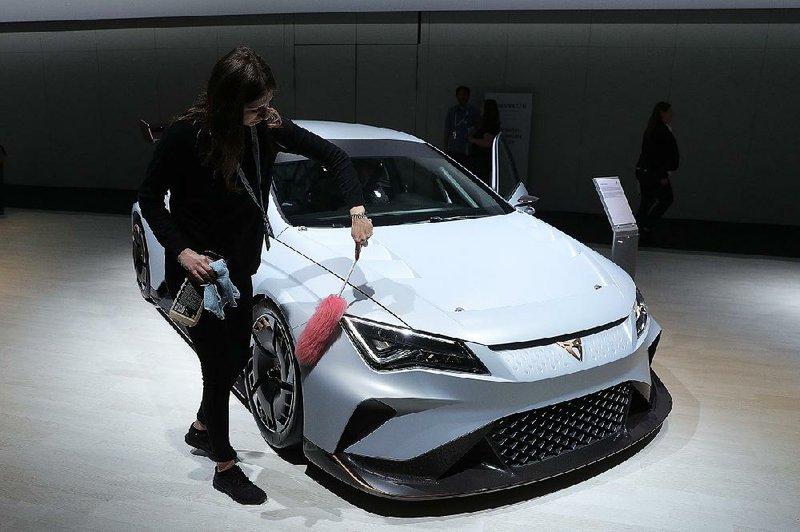Germany leapfrogged Norway as Europe's biggest market for electrified cars, a sign consumers are warming to the technology just as Volkswagen AG and Daimler AG add batteries to their lineups to take on Tesla Inc.
Sales of electric-chargeable vehicles surged 70 percent in Germany to 17,574 cars in the first quarter, nudging ahead of Norway for the first time, according to data from the European Automobile Manufacturers Association. The figure includes fully electric cars like Tesla's Model S, as well as plug-in hybrids such as the BMW 2-Series Active Tourer.
Volkswagen, Daimler and BMW are retooling their assembly lines in response to stricter European regulations on combustion engines and fallout from the 2015 VW emissions-cheating scandal. While consumers have turned away from diesel -- especially in Germany -- carmakers are depending on customers to embrace electrified powertrains if they are to recover the massive investments they're making.
Across Europe, sales of electrified vehicles advanced 41 percent, with battery-only cars up 35 percent and plug-in hybrids up 47 percent, while diesel in the EU dropped 17 percent. Germany, the region's biggest single market, has until now trailed Norway, which jumpstarted electric-car sales with generous subsidies. Norway is Tesla's third-biggest market after the U.S. and China.
Once rare in Germany, Teslas have become increasingly common on the streets of cities like Munich, alongside other fully electric models like BMW's i3 and Nissan Motor Co.'s Leaf. Still, the California company ranked 31st in the country in 2017, well behind Volkswagen, Mercedes, BMW and Audi, the country's dominant brands.
While the Germans have a leg up in Europe, their next challenge as the electric-car market expands will be to prove to consumers in the U.S. and China that their products are superior. Elon Musk's recent antics, along with less-than-stellar Model 3 quality reviews, may have opened a door.
"Tesla's golden age is nearing its end and it will become a product among many," said Juergen Pieper, a Frankfurt-based analyst with Bankhaus Metzler. "As the consumer pool for electric cars grows, tolerance over quality issues may be lower too as it's less about the early adopters who went for Teslas based on novelty."
SundayMonday Business on 05/06/2018
